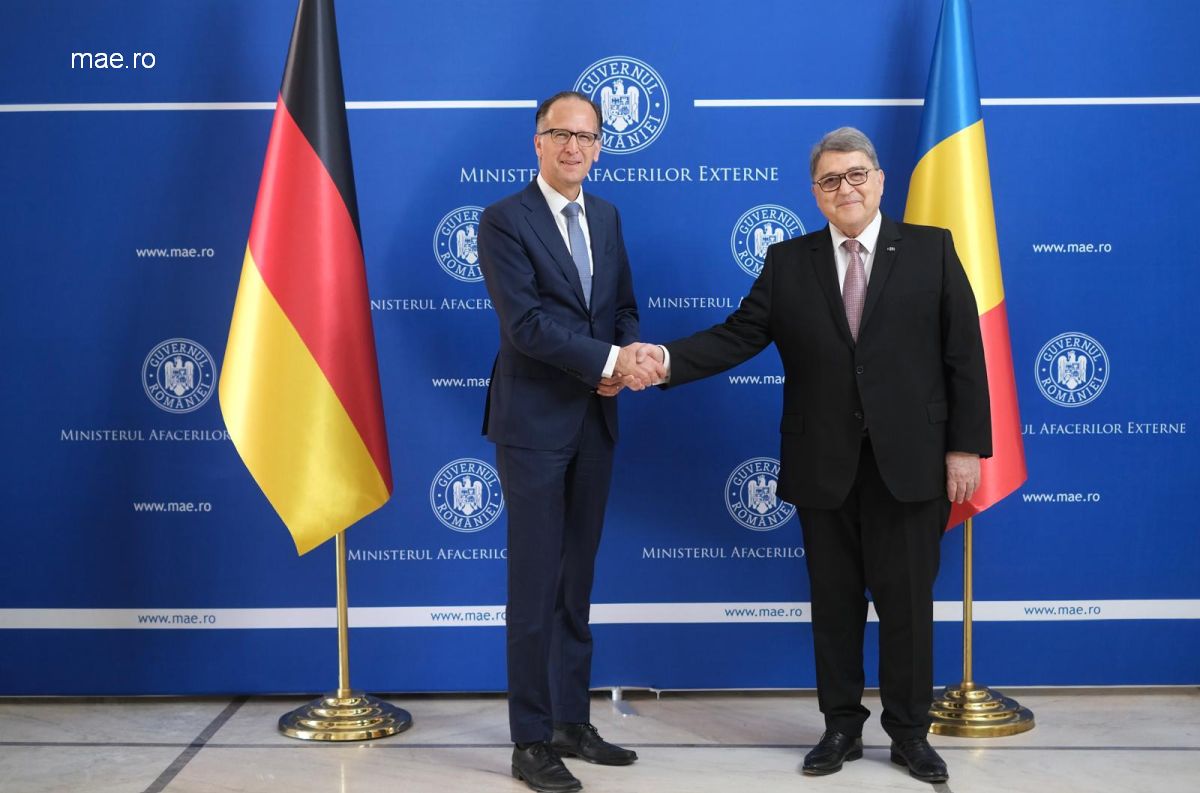Vaccination – information and disinformation
A campaign against vaccination has been met with firm response from the Romanian health ministry, the World Health Organisation and UNICEF

Ştefan Stoica, 06.09.2018, 12:54
The vaccines used in Romania are safe and efficient and are verified according to the highest standards that exist in the world, the Romanian health ministry said in reaction to a disinformation campaign launched in the public space and online. Messages on social media networks and printed materials distributed in busy areas or by post urge people not to have their children vaccinated. To give credibility to their messages, the authors of these materials use, without authorisation, the logos of the Romanian health ministry, the World Health Organisation and UNICEF.
The health ministry has firmly denied any involvement in this disinformation campaign about the alleged inefficiency and risks of vaccination and warns that the materials distributed contain false information that can confuse parents and pose a threat to people’s lives. The health minister Sorina Pintea says legal action will be taken to hold the people behind this campaign accountable. In a similar reaction, UNICEF and the World Health Organisation say ensuring universal access to immunisation is more important than ever because of the measles epidemic that has broken out in several European countries.
The two international bodies are worried that the measles vaccination rate in Romania is below the needed 95% threshold that ensures protection for the entire population. UNICEF and the World Health Organisation say they will continue to work with the Romanian health ministry to make sure that parents have access to the needed information and understand the benefits of vaccination, as well as the risks of the diseases that can be prevented through vaccination. They say it is inacceptable to see children dying from measles when a safe and efficient vaccine is available. The two organisations also say that by choosing immunisation for their children, parents will protect their children’s health and help protect the health of those around them. More than 80 fresh cases of measles were reported in Romania in the last week in August, according to the National Centre for the Supervision and Control of Communicable Diseases. According to this source, the total number of measles cases has exceeded 15,000, including 59 deaths.
Out of four persons who develop measles, one needs hospitalisation, and for 1 in 1,000 people, the disease is deadly. In the experts’ opinion, the costs of prevention through vaccination would have been lower than the cost of treatment provided to the people who have caught measles, a disease which has become endemic in Romania. Specialists say all the deaths and the sick cases could have been prevented if the national calendar for vaccination for children and adults would have been respected in the case of 95% of the population, in keeping with the recommendations of the World Health Organisation. They also call for the sick children and teenagers who have not been vaccinated not to be allowed in groups.
(Translated by C. Mateescu)






























